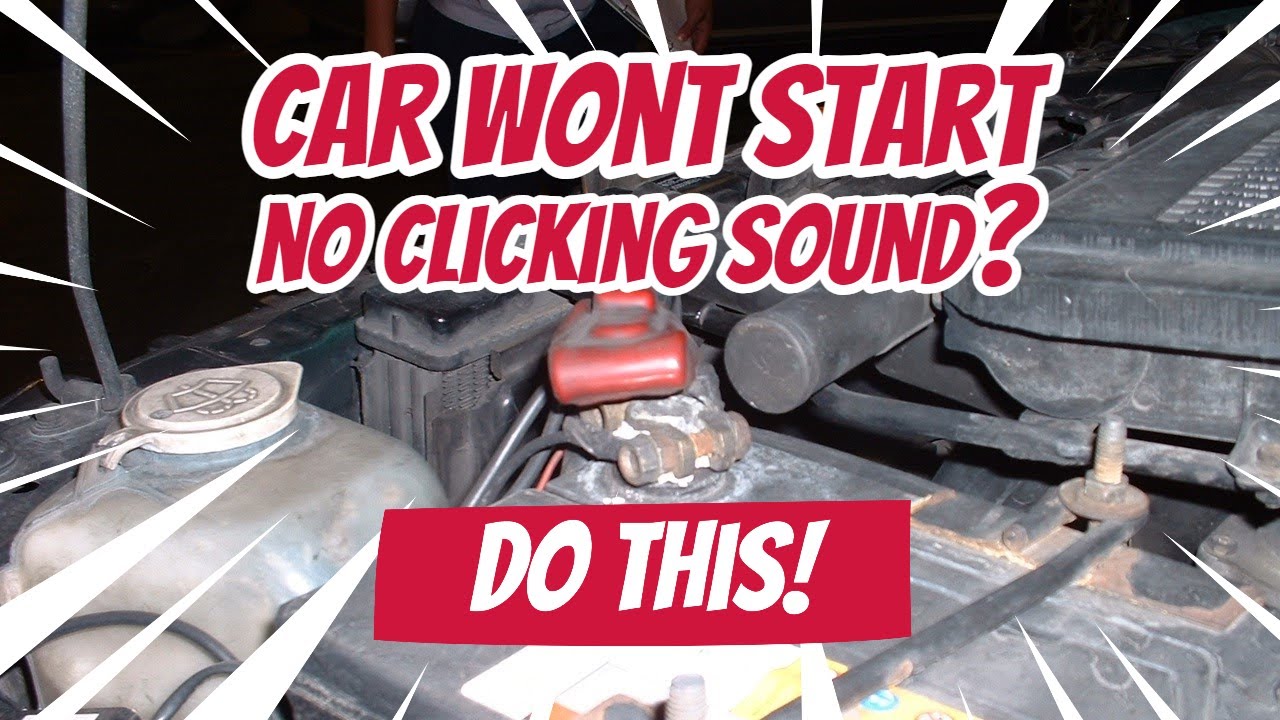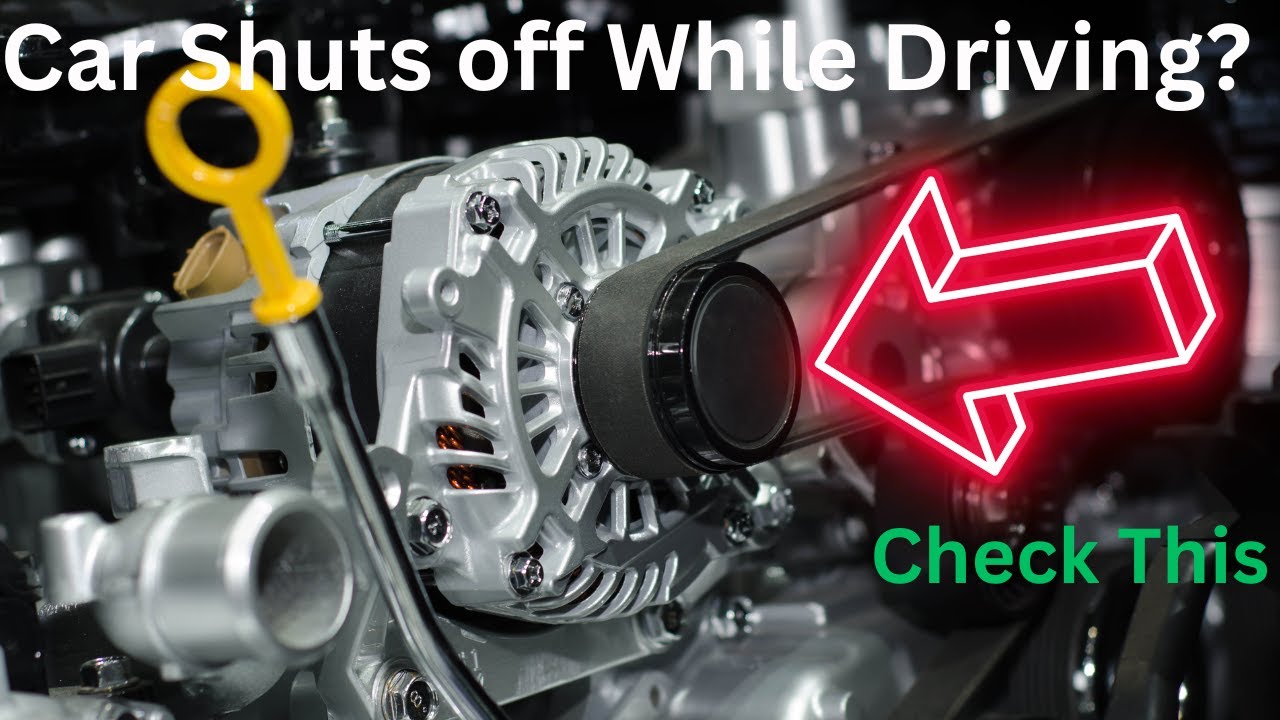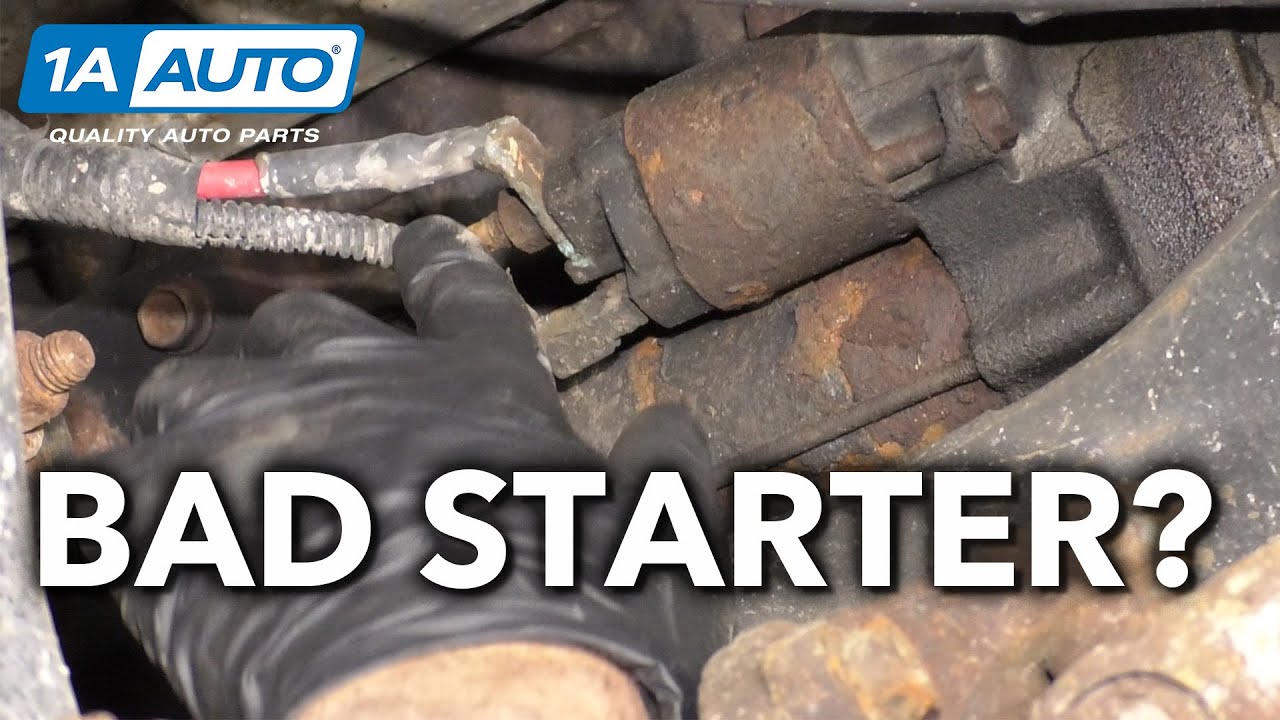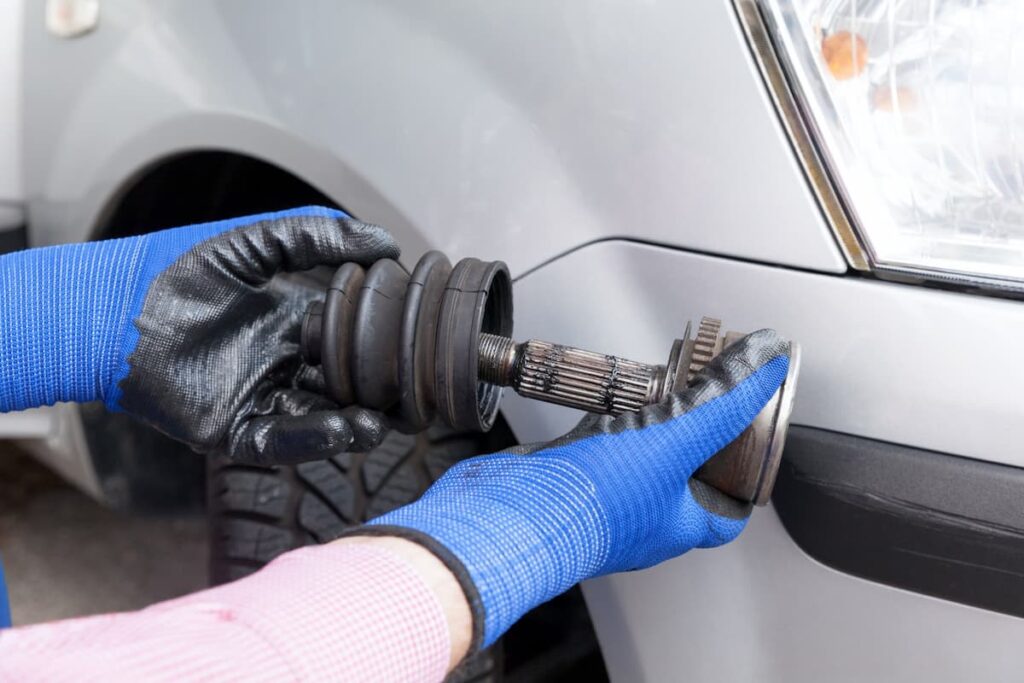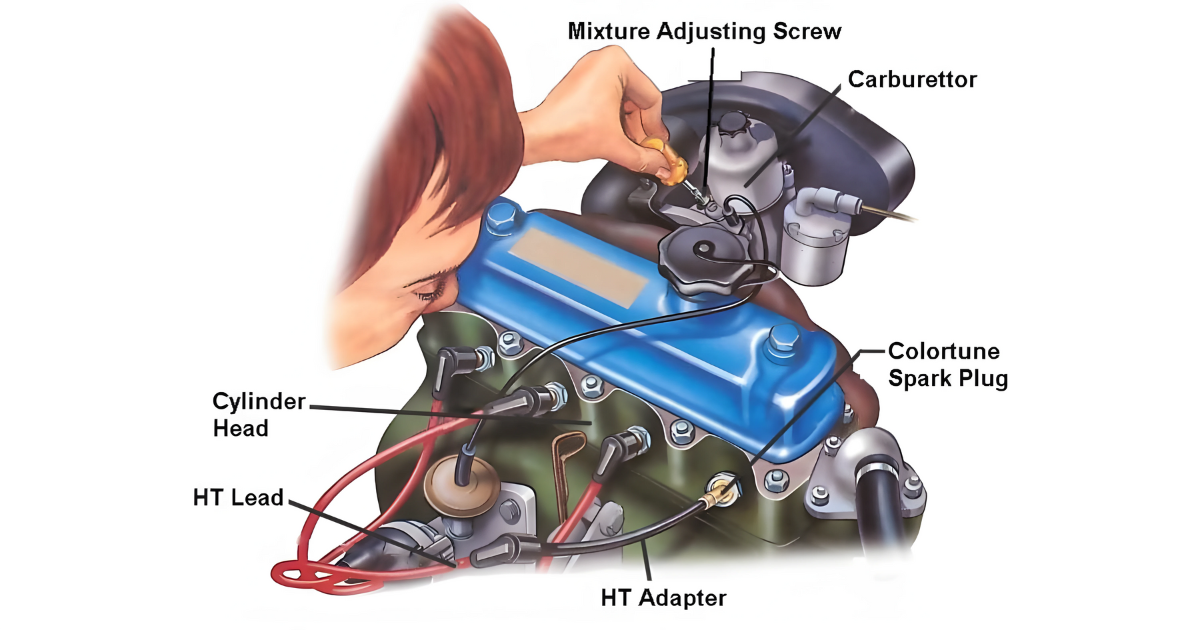Imagine turning the key in your car’s ignition, expecting the familiar roar of the engine, but instead, you’re greeted with utter silence. No clicks, no whirrs, just the sound of your own heartbeat. This scenario can be puzzling and daunting, but fear not! We’re here to dissect the enigma of a car that won’t start and doesn’t make a peep, guiding you through the most common culprits and their fixes.
Why Won’t My Car Start Or Make Any Noise?
If your car won’t start or make any noise when you turn the key or press the start button, it’s likely due to a dead battery or a faulty starter motor. A dead battery means there’s insufficient power to start the engine, so you won’t hear any noise when you turn the key or press the button. A faulty starter motor means it cannot turn the engine over, which can also result in no noise.
10 Reasons Why Your Car Doesn’t Start
Here are some reasons why your car may not start:
#1 Dead Battery
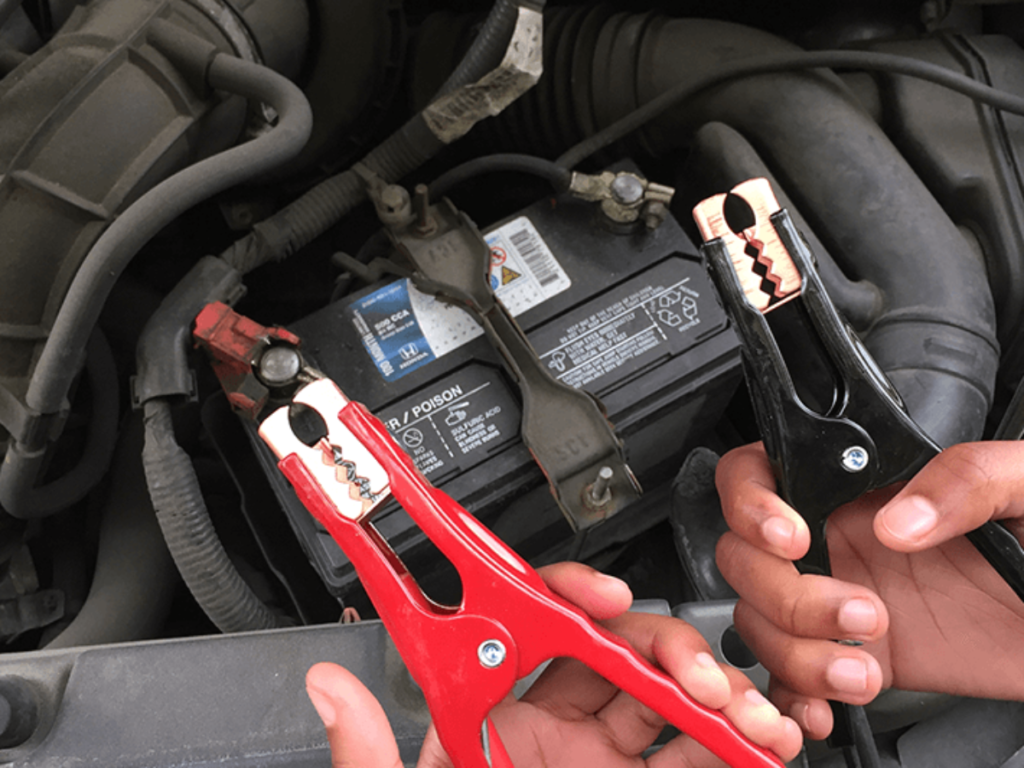
A dead battery is a common reason why your car won’t start. Your car’s battery provides the power needed to start the engine. If the battery is dead, you’ll typically hear no sound when you turn the key or push the button to start the engine.
If the battery is weak, the engine may crank slowly but won’t start. Sometimes, a jump-start may be needed to get the engine running again. However, if the battery is old or damaged, it may need to be replaced.
#2 Faulty Starter Motor
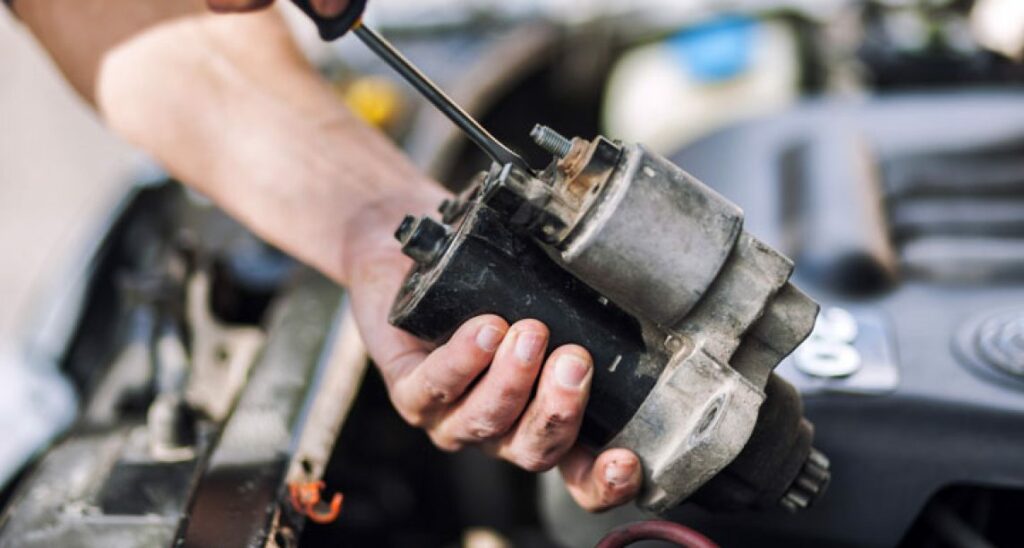
The starter motor is responsible for cranking the engine; if it’s faulty, your car won’t start. Signs of a defective starter motor include a clicking sound when you turn the key or the engine cranking very slowly or not at all. In some cases, the starter motor can be repaired, but it needs to be replaced in most cases.
#3 Ignition Switch Problems
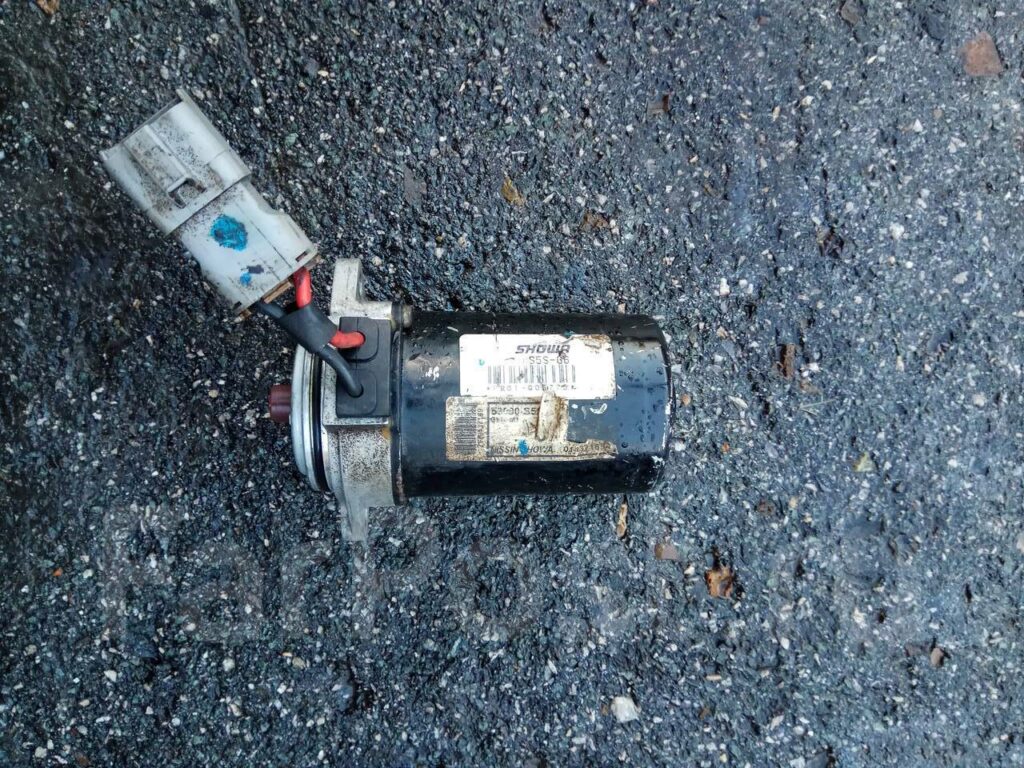
The ignition switch sends power to the starter motor, fuel pump, and other vital components. If it’s faulty, your car may not start. Signs of a defective ignition switch include no response when you turn the key or the engine starting briefly and then cutting out. In some cases, the ignition switch can be repaired, but it needs to be replaced in most cases.
#4 Fuel System Issues
Your car needs fuel to run, so if there are issues with the fuel system, your car won’t start. A clogged fuel filter can prevent fuel from reaching the engine, while a faulty fuel pump can prevent fuel from being pumped into the engine.
Faulty fuel injectors can cause the engine to run poorly or not start. In some cases, a fuel system cleaner may be all needed to fix the issue, but in most cases, the faulty component needs to be replaced.
#5 Alternator Problems
The alternator is responsible for charging your car’s battery while the engine is running. If faulty, your battery may not have enough charge to start the engine. Signs of a defective alternator include a dead battery, dim or flickering headlights, or warning lights on the dashboard. In most cases, the alternator needs to be replaced.
#6 Bad Spark Plugs

Spark plugs are responsible for igniting the fuel in the engine. If they’re worn out, your car won’t start. Signs of bad spark plugs include rough idling, poor acceleration, or a misfire. In most cases, the spark plugs need to be replaced.
#7 Clogged Air Filter
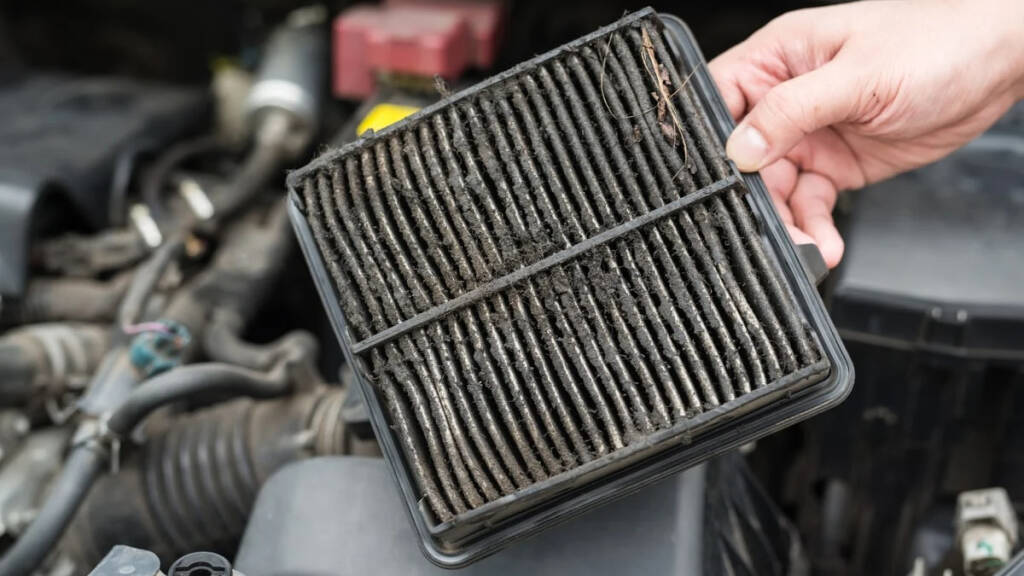
Your car needs air to mix with fuel to run, so if the air filter is clogged, your engine may not get enough air to start. Signs of a clogged air filter include reduced acceleration, poor fuel economy, or a check engine light. In most cases, the air filter needs to be replaced.
#8 Faulty Distributor Cap and Rotor
The distributor cap and rotor help distribute the spark to the spark plugs. If they’re faulty, your engine may not start. Signs of a defective distributor cap and rotor include poor acceleration, misfiring, or a rough idle. In most cases, the distributor cap and rotor need to be replaced.
#9 Broken Timing Belt
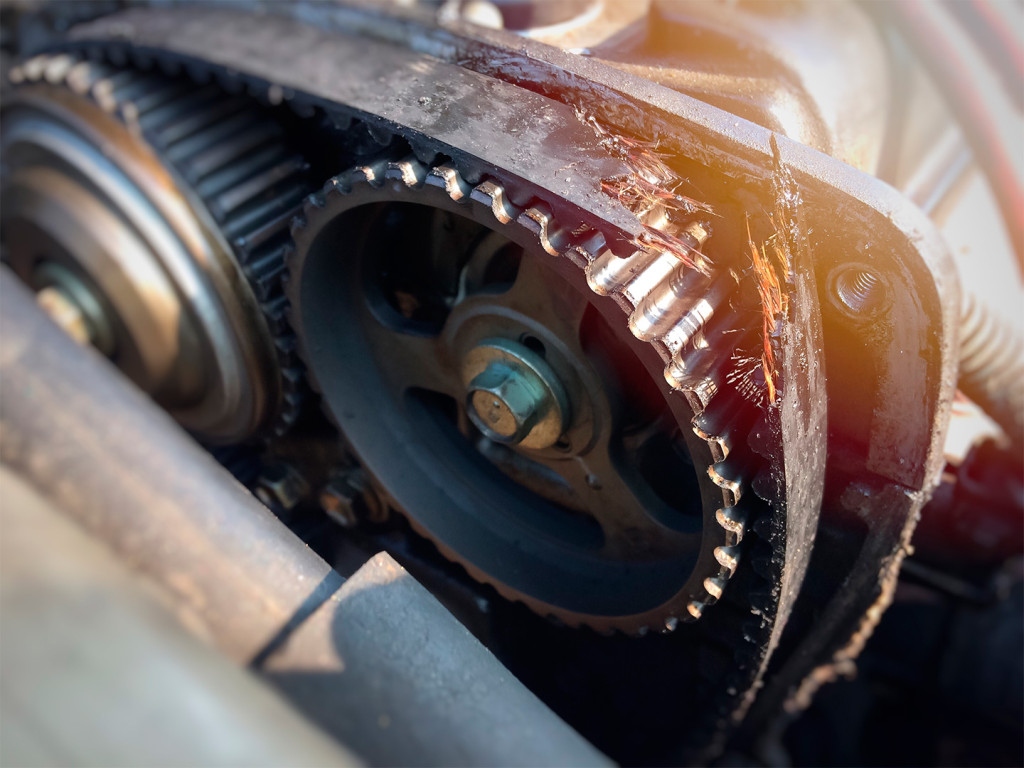
The timing belt helps keep the engine’s valves and pistons in sync. If it breaks, the engine won’t start. Signs of a broken timing belt include a loud noise from the engine or the engine not starting at all. In most cases, the timing belt needs to be replaced.
#10 Faulty Immobilizer System
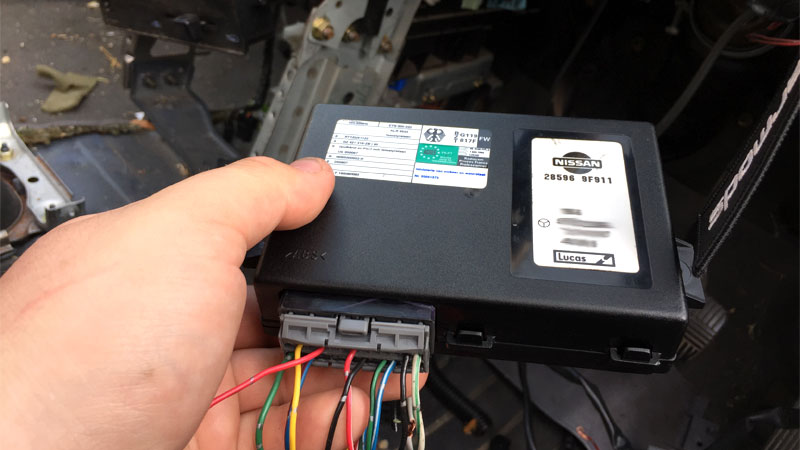
Many modern cars have an immobilizer system that prevents the engine from starting without the correct key. If there’s an issue with the immobilizer system, your vehicle may not start even if you have the right key. Signs of a faulty immobilizer system include the engine cranking but not starting or a warning light on the dashboard indicating an issue with the system.
In most cases, a professional mechanic must repair or reset the immobilizer system. It’s important to note that attempting to bypass or disable the immobilizer system can cause further damage to your car and may not be legal in some areas.
How To Troubleshoot a Car That Won’t Start
Here are some steps to help troubleshoot a car that won’t start:
- Check the battery: The first step is to check the battery. If the battery is dead, the car won’t start. Check the connections to ensure they’re clean and tight. If the battery is dead, try jump-starting the car using cables and another vehicle’s battery.
- Check the starter: If the battery is good, the next step is to check the starter. Listen for any clicking or grinding noises when you turn the key or press the start button. If you hear a clicking noise, it may be due to a faulty starter solenoid. If you hear a grinding noise, it may be due to faulty starter gear or a damaged flywheel.
- Check the fuel system: If the battery and starter are good, the issue may be related to the fuel system. Check the fuel level and ensure that the fuel pump is working. You can do this by turning the key to the “on” position and listening for a humming noise from the fuel pump.
- Check the ignition system: If the fuel system is good, the issue may be related to the ignition system. Check the spark plugs and ignition coils to ensure they’re working properly. You can do this by using a spark plug tester or a multimeter.
- Check the engine: If everything else checks out, the issue may be related to the engine. Check for any signs of damage or wear on the engine components. You can also try turning the engine over manually to see if it’s seized.
- Check the electrical system: If none of the above steps resolve the issue, it may be related to the electrical system. Check the fuses and wiring to ensure they’re in good condition.
- Take your car to a professional: If you cannot diagnose the issue yourself, it’s recommended to take your vehicle to a professional mechanic for further inspection and repair. They will have the tools and expertise to diagnose and fix the problem.
FAQs
Why won’t my car start, but I have power?
If you attempt to won’t your car, but the engine won’t turn over, and the dashboard lights up, you most likely have an issue with your battery. You could have a damaged or corroded battery terminal, stopping the engine from starting up when you turn the key.
Why won’t my car start, but the battery is good?
If your car won’t start, but the battery is good, the most common cause is a faulty starter – though it could also be to do with your fuel. You may have insufficient power to get it to start going.
How do you tell if it’s your starter or your battery?
If your car won’t start and you want to diagnose whether it’s a starter or battery problem, try listening to the engine when you attempt to start it. If the dashboard lights come on, but you hear awkward engine noises clicking or whirring, then it’s most likely a starter problem, as the battery provides enough current for certain parts of the car to work.
Concwon’tn
In conclusion, a car that won’t start can be frustrating, but you can diagnose and fix the issue with the proper troubleshooting steps. The most common causes of a car not starting to include a dead battery, a faulty starter motor, and problems with the fuel or ignition systems. It’s essential to check the battery and connections first, as they’re the most common culprits.
If you cannot diagnose the issue yourself, taking your car to a professional mechanic for further inspection and repair is recommended. By taking the necessary steps to troubleshoot and fix the issue, you can get your vehicle back on the road and run smoothly once again.
